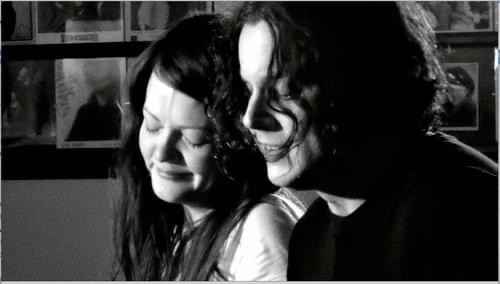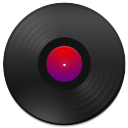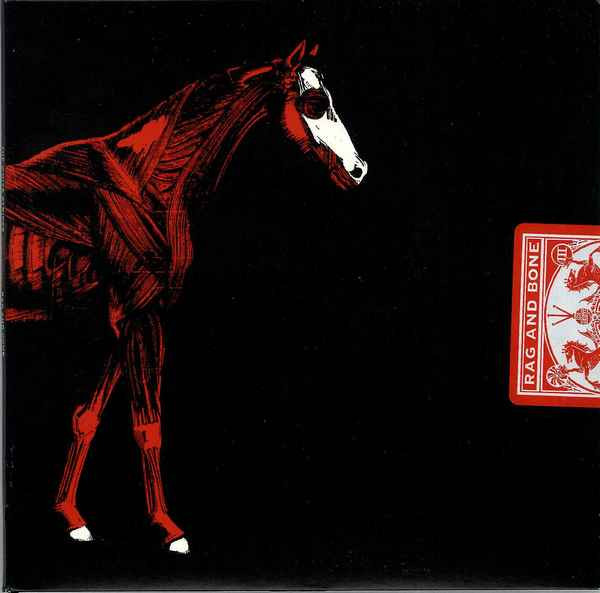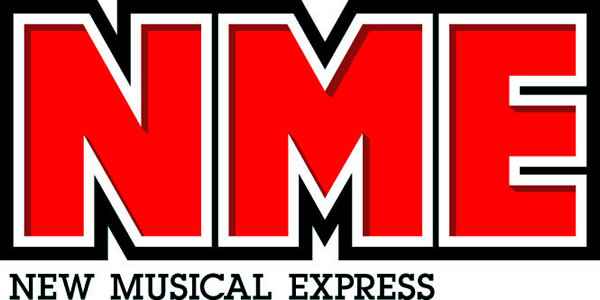The White Stripes
About The White Stripes
Bluesy garage rock band from Detroit, Michigan (USA).
The band comprising the bass-free duo of [a278763] [vocals, guitar, keyboards] and [a367269] [drums, percussion]. The Whites, once married and divorced in March 2000, formed their lo-fi garage band in 1997. They officially ceased to perform in Feb 2011.
Previously the guitarist in garage band [a=The Go], Jack White’s musical output in this fused twosome was heavily laced with folk blues, country, 60s Britpop and Broadway show tunes. Dressed in minimalist red and white outfits, the Stripes’ striking stage presence was allied to their undeniable grasp of the rudiments of timeless rock music. Their debut was the 1997 single “Let’s Shake Hands”, followed by “Lafayette Blues” [[l105510]]. They then moved to the label [l13828] and began to receive acclaim for their act and eponymous [url=http://www.discogs.com/White-Stripes-The-White-Stripes/master/10338]1st album[/url], mixing astute cover versions ([a=Robert Johnson]’s “Stop Breaking Down Blues” and [a=Josh White]’s “St. James Infirmary”) with some devastating originals.
By the time of the following year’s [url=http://www.discogs.com/White-Stripes-De-Stijl/master/399]De Stijl[/url] [The Style], the media buzz surrounding the White Stripes had reached new heights. Of particular note was the duo’s reception in the UK, where their music was lauded in national media, including [i]The Daily Telegraph, The Sun[/i] and even Radio 4’s [i]Today[/i] programme – not normally known for its liberal music policy. The influential John Peel was quoted as comparing their importance to that of Jimi Hendrix and the Sex Pistols – although both those acts were originators, whereas the Whites clearly powerful interpreters. They certainly dispelled any question of hype, upon release of a third album, “[url=http://www.discogs.com/White-Stripes-White-Blood-Cells/master/10332]White Blood Cells[/url]”, followed by “[url=http://www.discogs.com/White-Stripes-Elephant/master/10341]Elephant[/url]” in 2003. The latter recorded at London’s tiny Toe Rag Studios, using pre-60s analogue equipment and only eight tracks. Produced by Jack White, the highly-successful album offered a contrast to the digital conformity of music emerging in the new millennium, reaching the top-ten in the US & going platinum in the UK.







